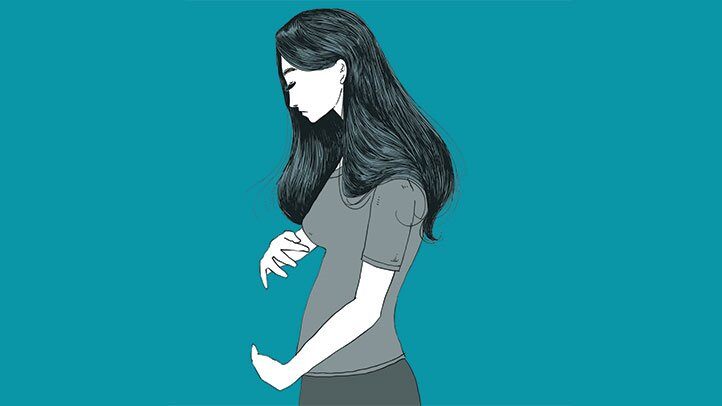Know About miscarriage & How to deal with it?
Miscarriage is a situation when a woman is unable to give birth to the baby she is carrying in her womb. Generally, within a short period after implantation, most of the miscarriages occur, and the period ranges within 20 weeks of pregnancy. In the case of miscarriage, bleeding occurs, but that generally happens during the normal time of the woman’s expected period.
What are the symptoms of miscarriage?
There are few symptoms that you might take into consideration regarding miscarriage. They are listed below.
- Heavy bleeding starts within a small duration of time.
- Severe cramps and pain in the tummy.
- Sometimes one may also have a fever during this phase.
- A feeling of dizziness may happen, and one may be faint even.
- Poor smelling discharge from the vagina may occur.
- Passing fluids and blood clots from the vagina. Sometimes clots may be bigger like a golf ball even.
- Sudden weight loss.
- Severe pelvic contractions.

Pregnancy is a very exciting thing for a couple and especially for the woman carrying the baby in her womb while miscarriage is not a desired event and is also something regrettable. Often women blame themselves for a miscarriage, but not always does such a thing occurs due to negligence or poor management. Various other factors can be the reason behind a miscarriage. Chromosomal disorders being one of the primary reasons for a miscarriage where fusion occurs between a damaged egg or sperm. Hormonal problems such as thyroid hormone problems may also cause miscarriage sometimes. Some infections and woman health-related issues may also be the cause behind a miscarriage. Lifestyle plays a significant role in pregnancy, and often, a woman with a poor lifestyle becomes more tentative to this unfortunate event. The age of the woman who is conceiving is also a significant factor and also the mental state of the individual. Also, a woman with a prior history of miscarriage may be tentative towards having another one.
How many types of miscarriages are there?
Miscarriages may be of several types depending on its nature, and most importantly, it is not a sudden event but a process. Some of the types are listed below
- Threatened miscarriage
- Incomplete miscarriage
- Complete miscarriage
- Missed miscarriage
- Recurrent miscarriage
What needs to be done in case of miscarriage?
Although a regrettable event may give a mental trauma yet, couples should not panic too early. The miscarriage should be allowed to pass the woman’s body naturally, and that is the best way to check if any complications or any infections have occurred. Medicines may help to speed up the process of discharging the fetus out of the woman’s body. Sometimes even an operation can be conducted under proper medical supervision to clean the womb. Medications are also prescribed in such cases by the doctor to stop bleeding and reduce pain post-operation. The main goal in case of miscarriages is to avoid illnesses.
Do not blame yourself unnecessarily for a miscarriage, and remember to take good care of your health during this phase as it is very devastating and painful. Try to maintain a healthy lifestyle and avoid practices such as smoking and drinking alcohol. Also, try to do some exercise daily and try to keep your weight within healthy limits.





No Comments